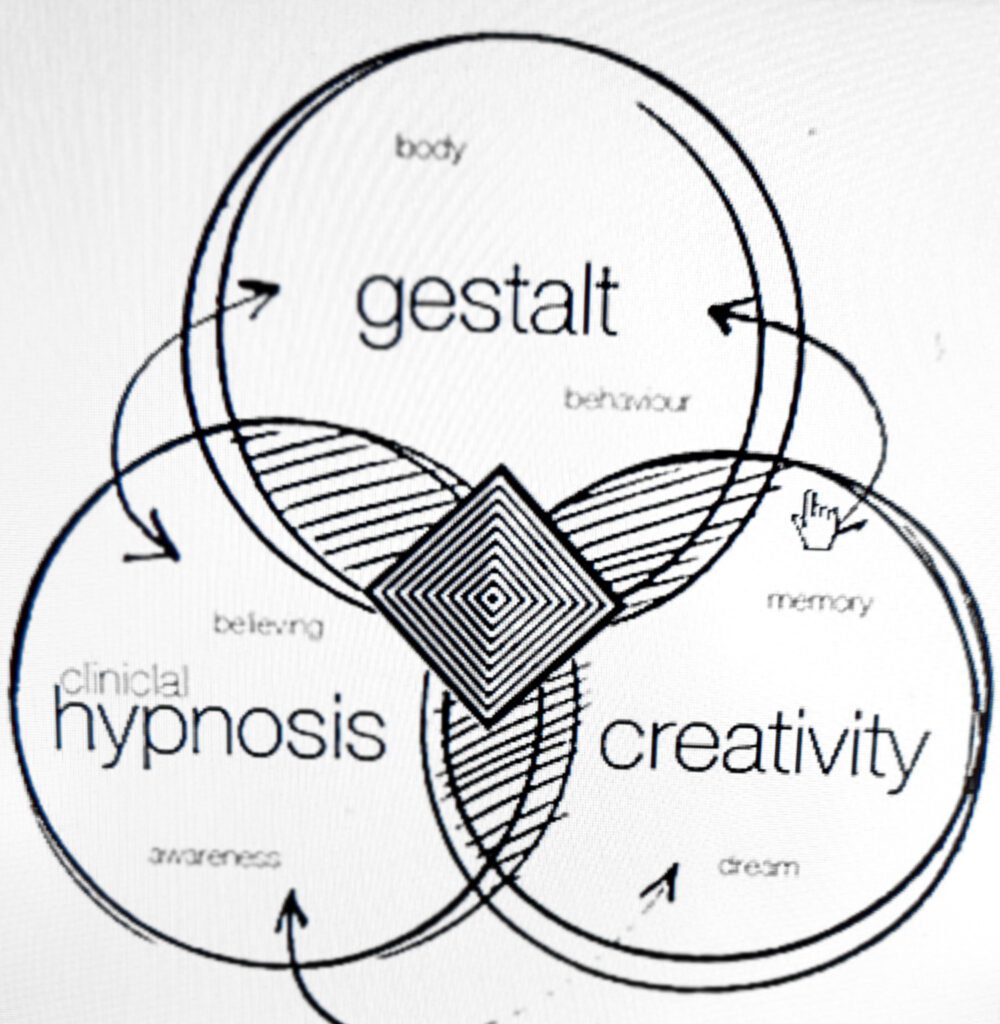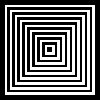Gestalt Therapy
Gestalt therapy founded by Frederick “Fritz” Perls and collaborators Laura Perls and Paul Goodman. They created diverse cultural and intellectual movement of the 1940s, into a new form of gestalt that provided alternative to other theories. Gestalt therapy is an integrative, experiential and humanistic approach, it works with awareness and its attributes. Also, gestalt therapy is meeting point between two individuals. Gestalt therapy theory is, a process-based that therapist actively develops methods of awareness that increase level of engagement, which would lead into the self-development process.
These forty hours course designed intensively for mental health professionals in group and individual setting, it is not open for public. At the end of each level, test of oral and written knowledge will be given for evaluation purposes. These courses combined by, theory, practices, experiments, exercises, lecture, and presentation by participants.
Note: Gestalt therapy is an alternative approach into mental health conditions yet, can not be replaced with medical treatments in mental health conditions as if it is necessary. However, therapy work would show the best result when it is collaborated with medial treatments as if needed.
Requirements for practitioners:
- Signing Consent form
- Agreeing with code of ethic in group work
- Participating and exploring and experimenting within group
- Self-growth process (personal therapy) twenty hours in each level.
- Authoring paper, involving in research regarding into any desired or assigned subject matters within each level.
- Due to space limitation 8 or 10 individual can register.
Basic level Gestalt Therapy course
In this 40-hour training our emphasizes would be on theory and practice along with some personal growth and relaxation techniques.
Content
1.Rules and Regulations
- Ethic
- Consent
- Confidentiality
2.Growth and its structural process
3.Gestalt
- concepts
- goals
- methodology
- Here & Now
- Awareness
- Contact
- Contact Boundaries
- Fore-contact
- Post-contact
- Withdrawal
- Cycle of experience
- Movement
4.The self
- Outer self
- Inner self
- Ego
- Id
- Supper ego
- Core belief system
5.Language / Communication
- Verbalizing
- Body language
- Tone of voice
6.Observation skills
- Listening
- Hearing
- Noticing body language and its movement
- Noticing rhythm of breathing
- Noticing emotional changes
- Noticing use of verbs
- Noticing body reaction to response
- Noticing color of face
- Noticing eye movements
- Noticing tone of voice
7.Behavior
- Introjection’s
- Projection’s
- Retroflection’s
8.Works / Techniques
- Guided Discovery
- Practice
- Imagination / visualization
- experiments within group
- Group request work and discussion
- Facilitating in individual and group setting
- Technique
- Research work
Intermediate level Gestalt Therapy
This forty hours intermediate course designed for mental health professionals in group and individual setting. This course is not open for public. In this level professionals not only will work on their personal growth yet will learn about basic developing structural, strategical plan for any mental health condition within gestalt concept and theory doing, practice, experiments, exercises, personal research, group discussion, demonstration, presentation, and lecture.
Content
1.Gestalt Therapy
2.Awareness
- Feeling
- Sensations
- Emotions
- Body
- Environment
- Needs
- Wants
- Desire
3.Contact
- Contact Environment
- Contact Boundaries
- Contact Functions.
- Contact Disturbance
4.Figure and Ground
5.Unfinished Business
6.The Self
- Self Support
- Responsibility
- Impasse interferences
- Resistance
- Regression
- Resilience
- Ego split
- Suppression
- Neurosis
- Growth and its impasse points
- Cope-mechanisms
7.Polarities
8.Transference & counter-transference
9.Body work
10.Behavioral attributes
- Projections
- Introjections
- retroflection’s
- Assumption
- Generalization
- Righteous Mind
11.Core belief system
- Rational
- Irrational
12.Thought Process
- Awareness
- Logical Functions
- Dysfunctional logic
- Irrational Thoughts
- Rational Thoughts
13.Family dynamic
- Children
- Young adult
- Parents
14.Group process
- Facilitation Approaches
- Techniques
- Practices
- Experiments
- Exercises
- Fantasy
- Imagination
- Visualization
15.Methods Of Approach
- Detailed Intake Information
- Structural Interview
- Observation
- Evaluation
- Assessment
- Planning
Advance level Gestalt Therapy
This forty hours advance level of training is all about detailed developing structural, strategical plan for any mental health condition within gestalt concept and theory doing, practice, experiments, exercises, personal research, group discussion, demonstration, presentation, and lecture.
Content
- Character structure: gestalt cognitive theory
- Schema focused innovation
- Counseling the suicidal
- Brief approach and discussion about NLP.
- Family
- Couple therapy / Relationships
- Children and young people’s perceptions
- Individual and environmental assessment
- Self Therapy
- Behavior / contact environment / core belief system
- Integration of conflict belief system
- Self control schedule
- Levels of the therapy task
- Managing Aggression
- Anger Management
- Structuring core belief system through art
- Stress / Anxiety/ Depression
- Trauma / PTSD / Dissociation
- Panic disorders / phobia
- Mindfulness
- Guided imagery approach
- Spirituality
- Confrontational approach
- Integrative Model of change in therapy
- Cognitive disorder
- Obsessive compulsive disorder (OCD)
- Imagination / visualization
- Methods of facilitation

Gestalt Therapy
Private training is available.
In group setting training will take place every weekend:
Saturday 9:30am to 7:30pm
Sunday 9:30am to 7:30pm
Registration fee for each level is $1800 plus tax.
